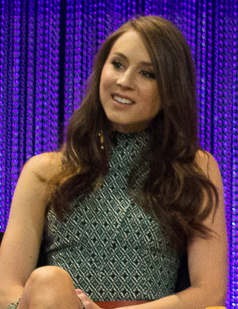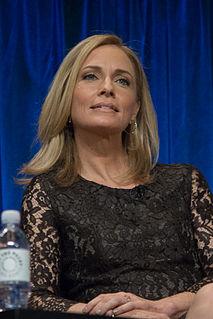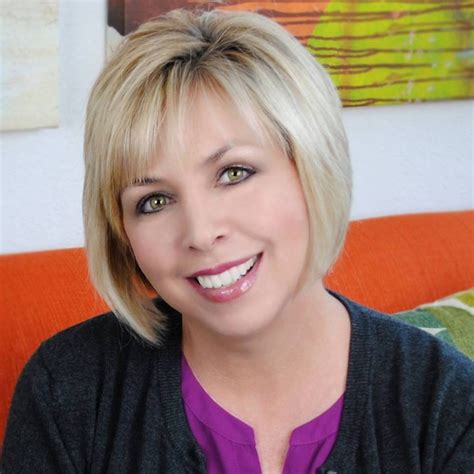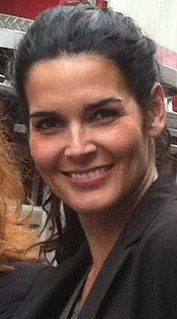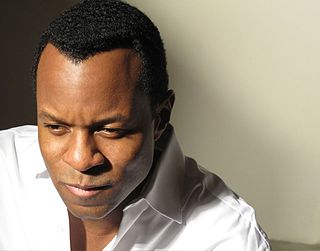A Quote by David Brooks
The people who really have character make deep, unshakable connections to something outside themselves.
Quote Topics
Related Quotes
What Hollywood truly wants is for people to be themselves. I think what it's designed for is to kind of turn people into something and just make them saleable. But what it really stands for, what it really loves, are people who are unafraid to be themselves, and as you can see, these are people who are excelling in their careers.
I try to be after something that is deeply reverberating inside of our souls, some deep echo from - even from prehistory. What makes us humans? How do we communicate? Where are we going at this moment? Something for an audience where they can step outside of themselves, where they can be almost like in ecstasy of truth, some sort of deep illumination. And that's what I'm trying in documentaries and in feature films.
As to the "traditional filler of twenty-first century realist fiction," maybe that is something I avoid. I don't relate to standard psychologizing in novels. I don't really believe that the backstory is the story you need. And I don't believe it's more like life to get it - the buildup of "character" through psychological and family history, the whole idea of "knowing what the character wants." People in real life so often do not know what they want. People trick themselves, lie to themselves, fool themselves. It's called survival, and self-mythology.
You are an American, so you're hurt that other American citizens have been hurt, but you end up having to shoulder the shame for something that you don't even believe. There's a lot of years where Muslims have dealt with having to make themselves very small and not disrupt the flow and not - make sure that you're not noticed because, you know, deep down inside people are not really excited that you're around .
A lot of people don't see me as a funny character because I don't usually get to play them. I'm usually cast in the more dramatic roles, so it's been a really, really fun time playing her humor and her attitude. She's a complete tomboy, so I did a really intense study on men and how they relate to each other, in the way they walk and hold themselves and position themselves in the hierarchy, just in something as simple as a conversation.
The more I can make a person comfortable in their environment by taking my ego's hat off and leaving it at the door, then they can dive deep within themselves and we can pull out something interesting that people have never heard before. It's the stuff that's - that no one's ever heard before is really interesting.
I think you should identify with your character, but plenty of people like themselves and hate themselves. You just have to find out what's truthful for the person you're playing. When people talk about that, I think what they're saying is that as an actor, as Peter, you don't want to make a judgment that comes from your worldview about the character. Your judgments should be coming from the place of the character, and within that space, sure, you could love or hate yourself or whatever you think is most appropriate.
Whatseems to take place outside ideology (to be precise, in the street), in reality takes place in ideology. What really takes place in ideology seems therefore to take place outside it. That is why those who are in ideology believe themselves by definition outside ideology: one of the effects of ideology is the practical denegation of the ideological character of ideology by ideology: ideology never says, 'I am ideological.'
All men who have ideals . . . live by some kind of faith, by committing themselves to some kind of loyalty which is not universally recognized as the common property of all thinking men. They must have something-something outside themselves, to make them feel life is worth living, that good rather than evil is the explanation of the world.

